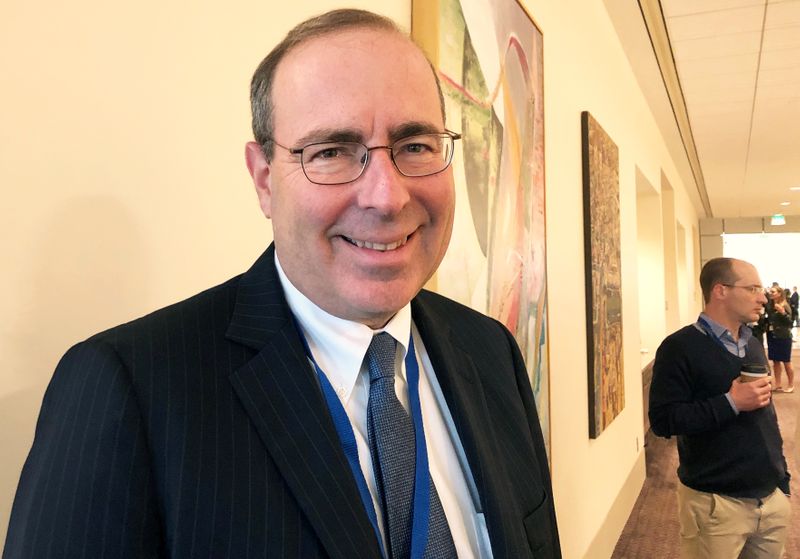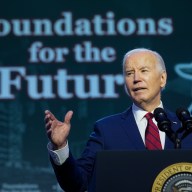WASHINGTON (Reuters) – Polling local businesses about the U.S. reopening, Richmond Federal Reserve bank president Thomas Barkin has heard from mall owners who saw traffic “like Black Friday” as restrictions lifted, discount stores that are “basically back” — and still tough limits on commerce in Richmond and Northern Virginia.
What that amounts to for the economy and the path of the coronavirus pandemic, “I don’t think you can say anything with any conclusiveness at this point, and it could be months before you actually know,” Barkin said in an interview with Reuters. “Everybody is riding a little blind.”
U.S. states have begun to gradually lift the limits put in place earlier this year to try to stem the spread of the coronavirus pandemic.
The decisions have differed widely by state. Barkin’s mostly southern district ranges from South Carolina, which started reopening early, to the Washington D.C. region which remains under tighter limits. The one saw retail foot traffic creep back to near 2019 levels a week ago; in the other foot traffic remains deeply depressed.
The process is being watched closely, and Barkin said some trends seem emergent.
Commerce seems to bounce back faster in small towns. He attributes that to greater concerns about infection in denser environments, and to the different patterns developing among different workers.
White-collar workers who tend to form larger shares of the workforce in big cities have been working from home, cut back on spending, and may continue to do so until they are confident it is safe outside.
That may mean a slower return to normal for the Richmonds of the world compared to smaller towns or places where factories, for example, may have stayed open throughout.
“I hear a very different propensity to return to commerce in smaller towns versus bigger cities,” Barkin said.
(Reporting by Howard Schneider; Editing by Chizu Nomiyama)



















